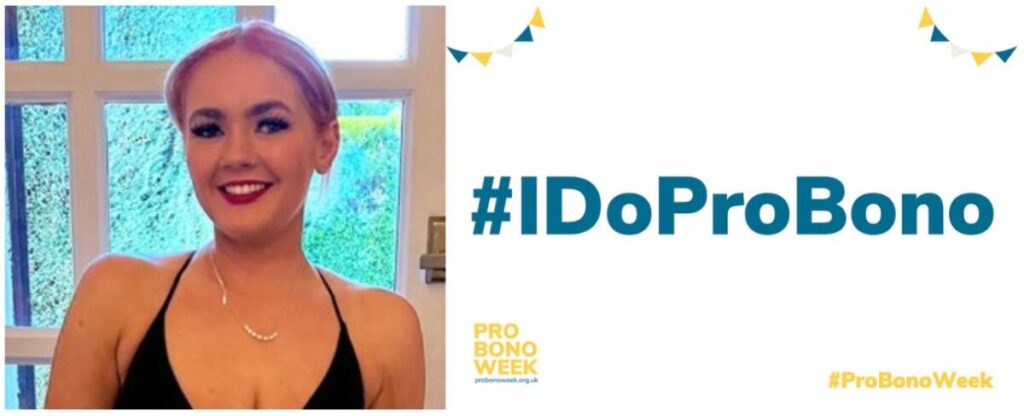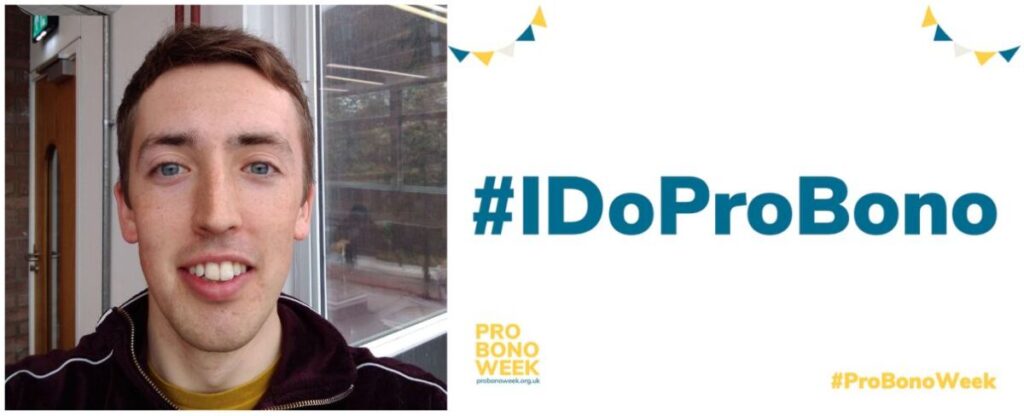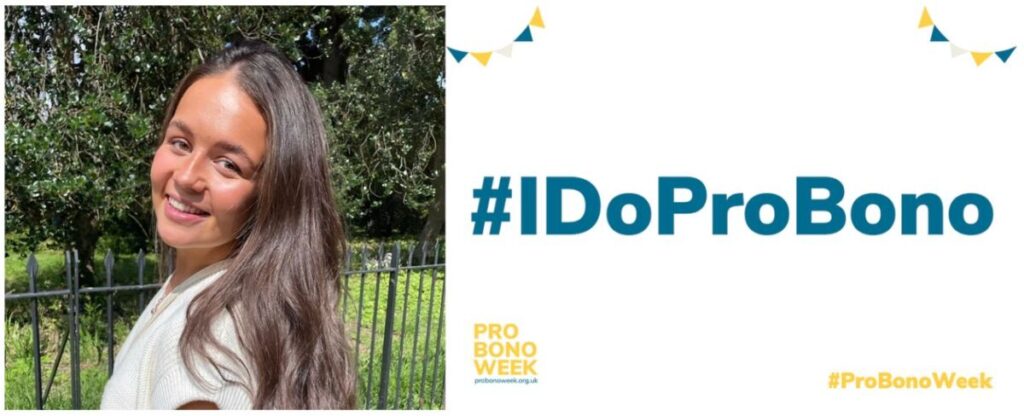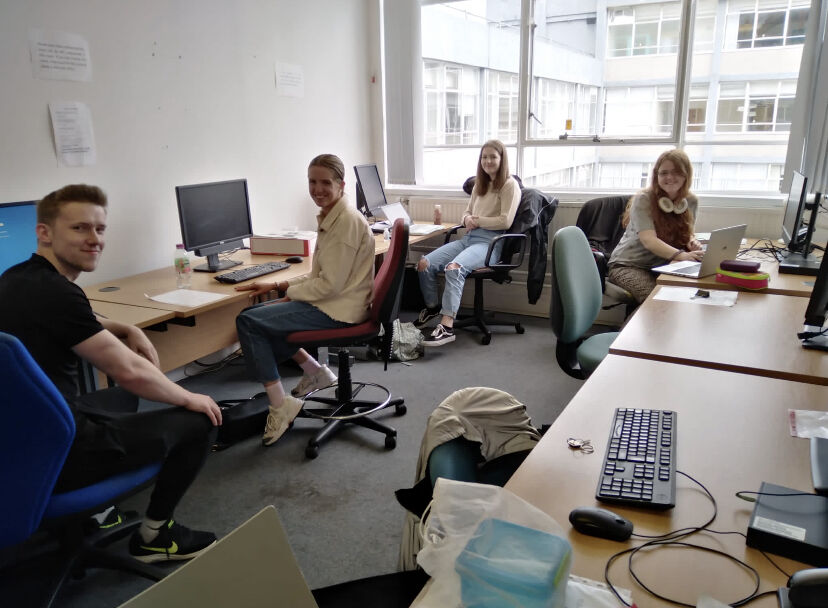
In December 2022, our law clinic director, Kate Laverty, and law clinic supervisors, Kathleen Bolt and Gillian Melville, took part in a 5-day interactive conference in Stellenbosch, South Africa, hosted by the Global Alliance for Justice Education (GAJE), The conference was attended by participants from countries all over the world, who came together to share and improve existing practices in social justice education. Gillian discusses the conference below.
Social justice education is twofold.
Firstly, it tackles inequality within the education system to minimise factors like wealth, gender and/or race from determining what kind of education an individual can receive. The University of Strathclyde’s successful widening access programme is an example of this type of social justice education in action.
Secondly, it introduces social justice into teaching methods and the curriculum. Instead of ignoring real-world issues such as racism, sexism, and poverty, it addresses and encourages students to exercise critical thinking in these matters, and to apply their knowledge to real cases so they can ‘learn by doing.’
Strathclyde law clinic has social justice education at its heart. Our student advisers show their commitment to access to justice through their casework and volunteerism, and some through their participation in the Clinic’s LLB programme. We showcased this at the GAJE conference by presenting a paper on student representation in courts and tribunals. The workshop was attended by delegates from Zimbabwe, Pakistan, India, the UK, South Africa, the USA, and more. Everyone in attendance was impressed by the level and quality of representation offered by students of Strathclyde Law Clinic and were inspired to explore the model in their own clinics.
Kathleen Bolt also ran a very well attended session called ‘Teaching by Doing: teaching students to mediate in 20 hours.’ This was an opportunity to promote experiential learning and demonstrate the value and impact of interactive teaching methods used here at Strathclyde. Cross-cultural mediation role plays during the session led to lots of interesting discussion.
Over the course of the 5-day conference, we attended workshops and talks on climate change, widening access, feminism, street law, and more, as well as taking part in social justice visits to hear about the initiatives taking place locally in Stellenbosch. One visit was to a community advice Centre in the heart of the winemaking region. The Centre provided legal advice and representation to rural workers, leading to improved housing and employment practices in the area, and a more empowered community.
The conference provided ample opportunity for interacting with people in plenaries and beyond, where we heard about a wide range of different issues facing different communities globally. Whilst many of the details varied, all countries shared a continuing and growing need for law clinics and social justice education.
Shockingly, according to one speaker, Stellenbosch is number one in the world for inequality of income. Like nearby Cape Town, this area of South Africa can feel incongruent, with wealth and luxurious tourist attractions sitting next to the tin roofs of the townships. Tied to this was the ongoing issue of ‘loadshedding’ which meant electricity was switched off completely for several hours a day. The opening speeches by the Faculty of Law at Stellenbosch University made it clear that there is much work to be done both in South Africa and globally, and at times it can feel that the direction of travel is downwards. However, these speeches were also hugely inspiring in their realism and hope for the future.
The GAJE conference always reignites a passion for social justice for those that attend. It reminds us that whilst our law clinics may at times feel isolated and small in their reach, we are all part of a committed global community who can and do support each other as we work towards improving the lives of our respective local communities. This feels particularly pertinent as we are faced with the challenges of climate change which requires global thinking and local action. The scale of challenge can feel overwhelming, but the message of GAJE is that every action contributes to the greater sum and, as they say in South Africa, Local is Lekker!
Many thanks to the Law School at Strathclyde for supporting this trip and the law clinic.
More details of the conference can be found here: https://www.gaje.org/11th-GAJE-Worldwide-Conference
We recommend supporting the Stellenbosch Township and Village social enterprise: https://townshipandvillage.co.za/about-us/
By Gillian Melville, Clinic Supervisor
To receive monthly updates on the work completed by the University of Strathclyde Law Clinic straight to your email, please sign up here.




